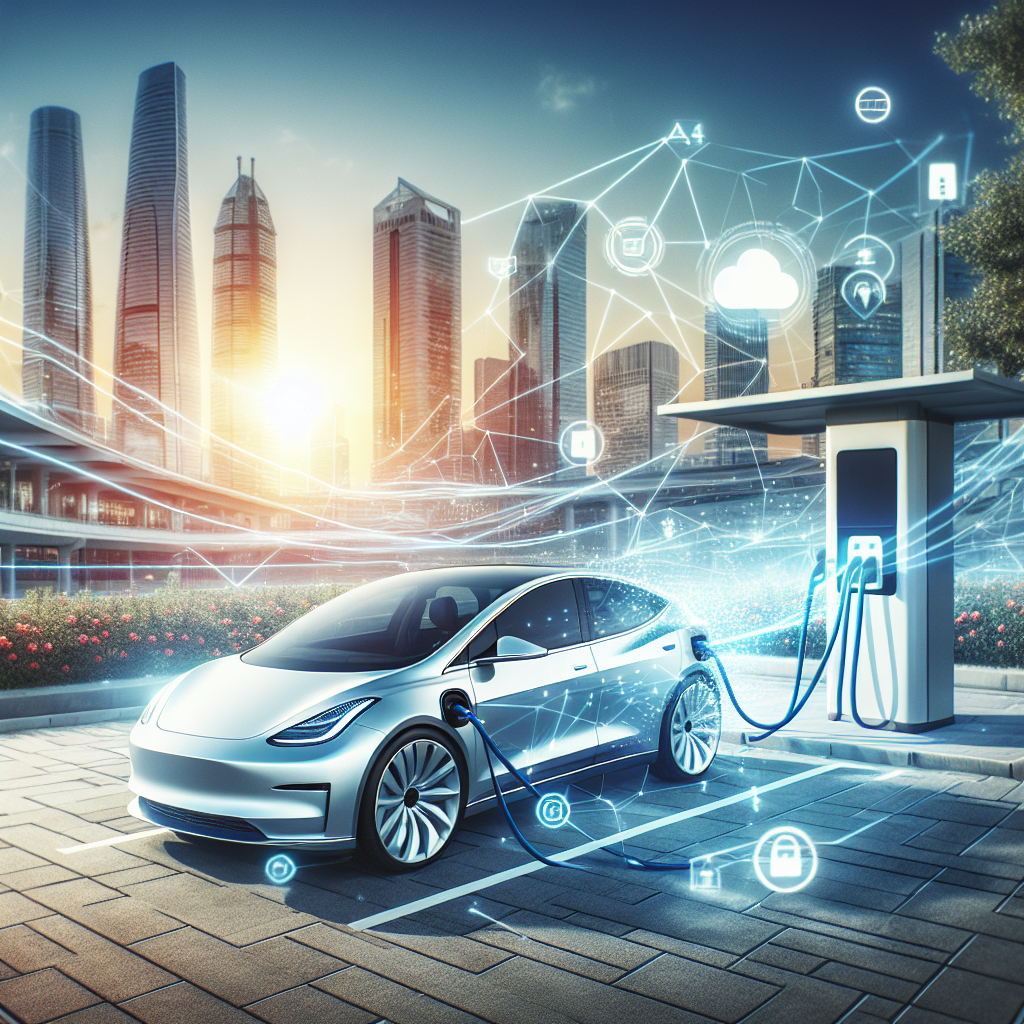Compreendendo as reais necessidades energéticas dos carros elétricos

Você já se perguntou quanta eletricidade os carros elétricos realmente consomem? Essa é uma pergunta que desperta a curiosidade de muitas pessoas, especialmente com o aumento do número de veículos elétricos (VEs) nas ruas. Entender as necessidades energéticas desses carros pode ser bastante esclarecedor!
Carros elétricos funcionam com eletricidade, o que significa que precisam ser carregados. A quantidade de eletricidade que um VE consome depende de vários fatores, como o modelo do carro, hábitos de direção, condições climáticas e até mesmo a frequência com que você usa o ar-condicionado. Em média, carros elétricos consomem cerca de 30 kWh (quilowatts-hora) a cada 160 quilômetros. Para se ter uma ideia, isso equivale aproximadamente à eletricidade que uma casa típica consome em um dia.
O fascinante é o quanto os veículos elétricos são mais limpos em comparação com os carros a gasolina tradicionais. Eles produzem menos emissões, especialmente se a eletricidade que os carrega vier de fontes renováveis, como a eólica ou a solar. De fato, estudos mostram que os veículos elétricos ainda são mais ecológicos em geral, mesmo quando se considera a geração de eletricidade e a produção de baterias.
Estações de recarga estão se tornando mais comuns, o que torna a aquisição de um veículo elétrico mais conveniente. Algumas são até movidas a energia solar, o que adiciona um benefício ecológico extra. Carregar em casa é outra opção, e muitas pessoas optam por fazer isso durante a noite, quando as tarifas de eletricidade são mais baixas.
Carros elétricos são um passo em direção a um futuro mais limpo. Eles representam como a tecnologia e a natureza podem trabalhar juntas para um amanhã melhor. Se você está pensando em um carro elétrico, não está apenas economizando combustível — você também está ajudando o planeta!
Fonte: [scinexx.de](https://www.scinexx.de/news/energie/wie-viel-strom-verbrauchen-e-autos-wirklich/)




